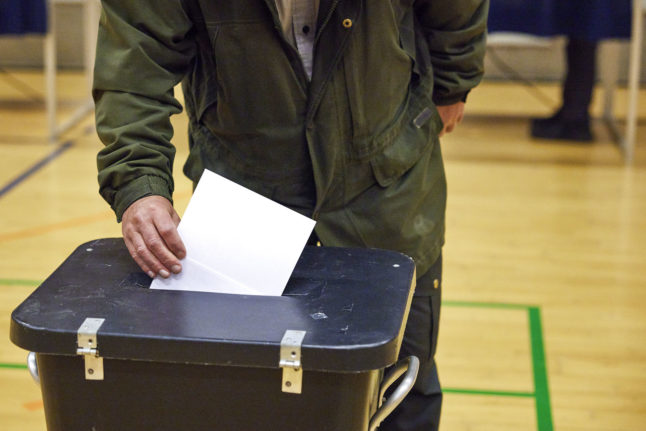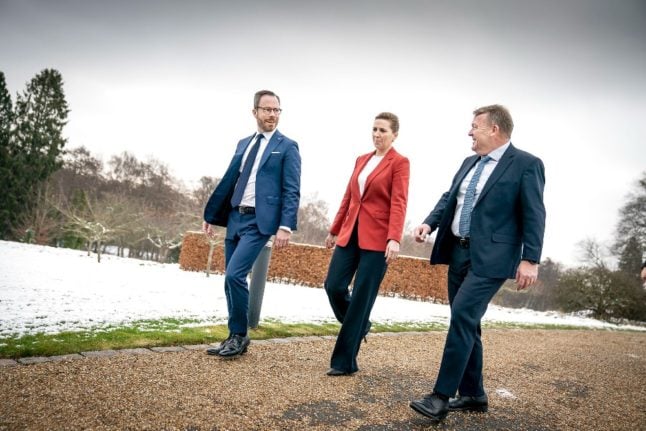In the 13 municipalities, 53.2 percent of those entitled to vote had ticked their boxes at 4pm.
At the same time in the 2019 parliamentary election, 62.8 percent had voted in the municipalities. This includes postal votes, which are higher this year than three years ago.
However, in 2019 the election took place on Constitution Day, when many people had the day off.
“It may well be that there have been slight shifts over the course of the day, because the election was on Constitution Day last time. But all other things being equal, it points to a significantly lower turnout this time,” Kasper Møller Hansen, election researcher and University of Copenhagen professor, told newswire Ritzau.
In the 2015 election, when the election was on a Thursday, a similar sample at 4pm showed that 49.7 percent of those entitled to, had voted. The final turnout then ended up at 85.9 percent, which is higher than the 2019 final turnout of 84.6 percent.
There is likely to be an influx of voters at the polling stations later this afternoon.
At the Viborg Stadium, which is Denmark’s largest polling station, there is usually a rush between 4pm and 7.30pm.
“You could say that we have been in the training camp so far, ready for the whistle to blow for the match at 4pm. Whether it is enough to reach the voting percentage from last time, I doubt it”, Viborg’s polling station administrative manager Peter Vestergaard told Ritzau.
The country’s polling stations are open until 8pm.



 Please whitelist us to continue reading.
Please whitelist us to continue reading.
Member comments